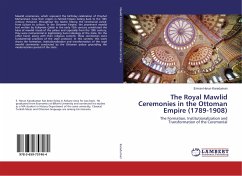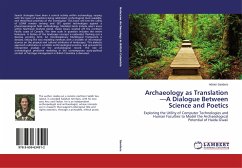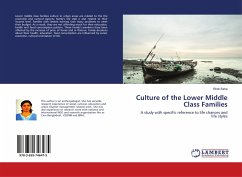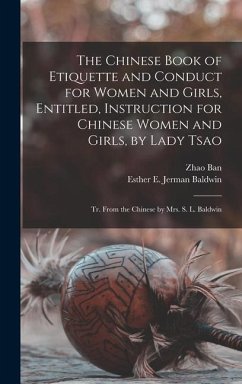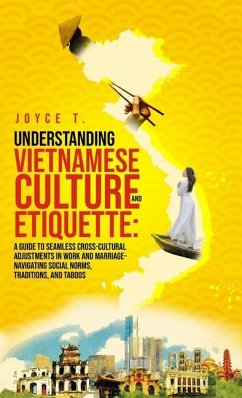
Dialogue on Chinese Culture
Reading notes or Internet scavengingVolume I
Versandkostenfrei!
Versandfertig in 6-10 Tagen
71,99 €
inkl. MwSt.

PAYBACK Punkte
36 °P sammeln!
Since May Fourth sages put forward the idea of "down with Confucius", and there has been much debate on the "national character" of the Chinese people, with many of them denouncing and few praising. Those who have denounced often directed their criticisms at the cultural genes of Chinese "nationhood", the traditional culture of conservative, regressive, and even barbaric absolutism. This book attempts to justify the "nationality" of the Chinese people in the manner of Hu Shih's "arranging the national heritage", but using standpoints of Jiu Jin. Specifically, it compares the Greek "ideal state...
Since May Fourth sages put forward the idea of "down with Confucius", and there has been much debate on the "national character" of the Chinese people, with many of them denouncing and few praising. Those who have denounced often directed their criticisms at the cultural genes of Chinese "nationhood", the traditional culture of conservative, regressive, and even barbaric absolutism. This book attempts to justify the "nationality" of the Chinese people in the manner of Hu Shih's "arranging the national heritage", but using standpoints of Jiu Jin. Specifically, it compares the Greek "ideal state" with the Chinese "commonwealth", the Western rule of law with the Chinese rule of etiquette, the Western democracy with the Chinese people-oriented approach, the Western sentiment with the Chinese reasoning, and the Western progress with the Chinese conservatism. By comparing the five conservative aspects, we try to explain that Eastern and Western cultures have their strengths and weaknesses, and that it's not appropriate to a priori use some kind of "universal" standard to judge and standardise everything uniformly.





